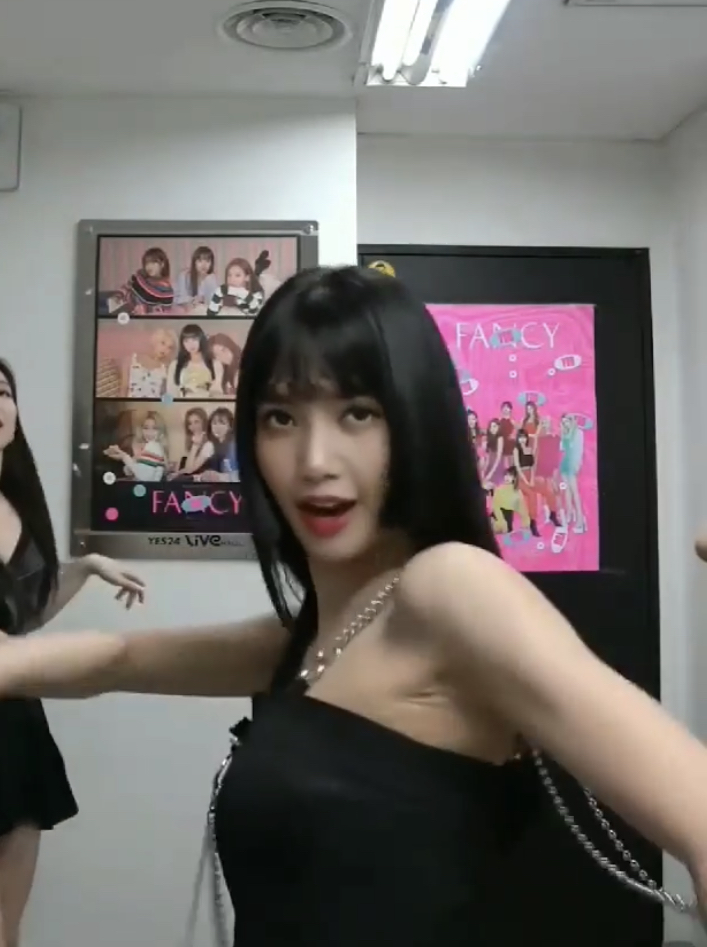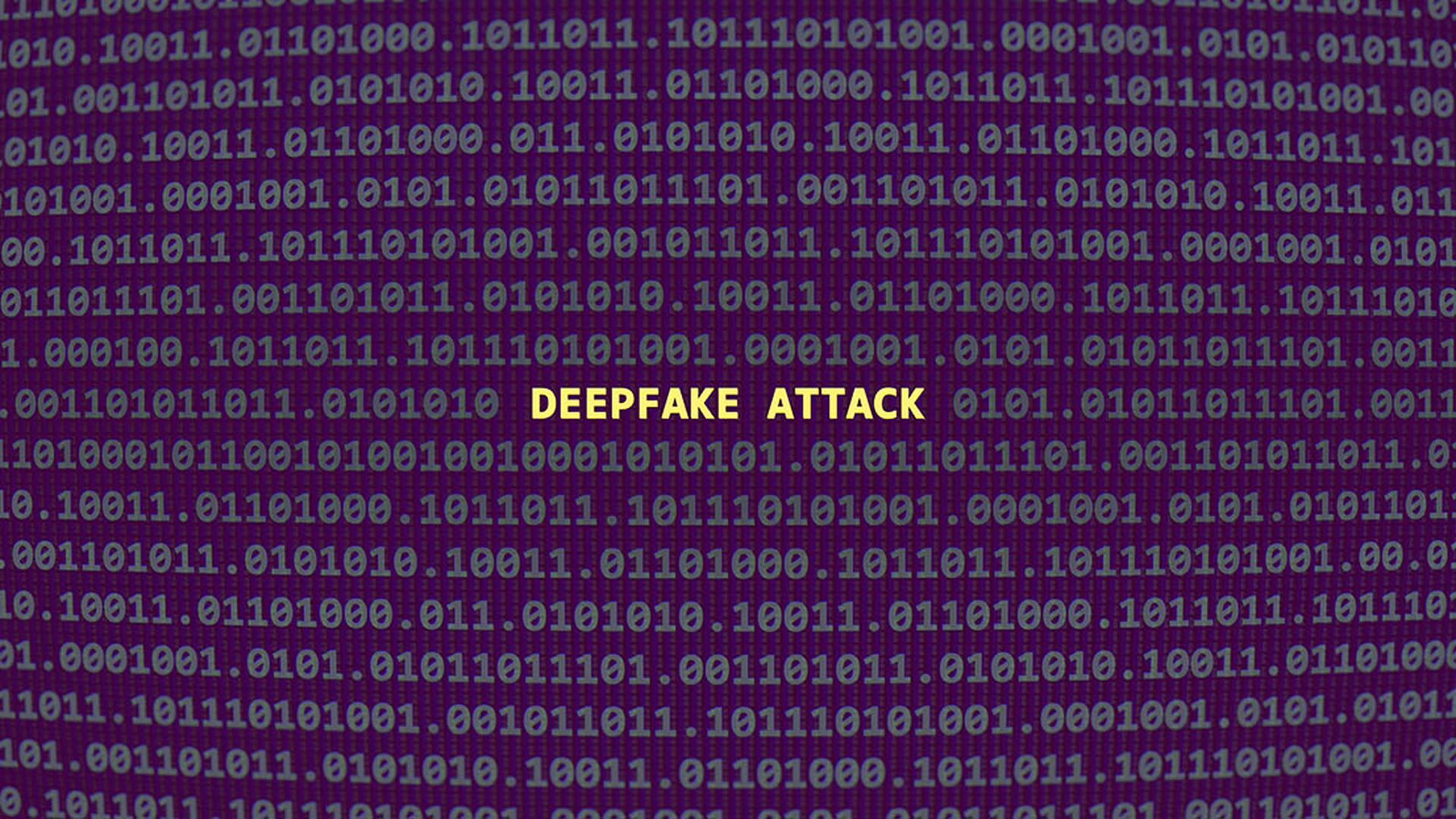Kpop Deepfake: The Rise Of AI In The Music Industry And Its Impact
Have you ever heard about Kpop deepfake? It's like stepping into a world where reality and technology blend seamlessly. The music industry is evolving faster than ever, and deepfake technology is making waves in unexpected ways. From creating virtual performances to reimagining classic songs, Kpop deepfake is not just a trend—it’s a revolution.
Imagine your favorite Kpop idols performing a concert without actually being there. Or how about seeing them in a completely different era or style? Deepfake technology makes all of this possible. But before we dive deep into the rabbit hole, let’s take a moment to understand what Kpop deepfake really is and why it’s such a big deal in 2023.
Now, you might be wondering, "Is this some kind of sci-fi dream or an actual thing happening right now?" Spoiler alert: It’s very much real. So buckle up because we’re about to explore the fascinating world of Kpop deepfake, its implications, and how it’s shaping the future of entertainment.
Read also:Ryan Connor The Rising Star Of Music And Entertainment
What Exactly is Kpop Deepfake?
Deepfake technology has been around for a while, but when combined with the global phenomenon of Kpop, it takes on a whole new level of intrigue. Simply put, Kpop deepfake refers to the use of AI-generated content to create realistic videos, images, or audio clips featuring Kpop artists. These creations can range from virtual performances to entirely new songs that sound like they were produced by the original artists.
Let’s break it down: Deepfake uses advanced algorithms to manipulate or generate realistic media by overlaying one person's likeness onto another. In the context of Kpop, this means fans can see their favorite idols in scenarios that would otherwise be impossible—like BTS performing alongside legends like Michael Jackson or even fictional characters.
How Does Kpop Deepfake Work?
The magic behind Kpop deepfake lies in artificial intelligence and machine learning. Here’s how it works in simple terms:
- Data Collection: Developers gather large datasets of images, videos, and audio clips of Kpop artists.
- Training Models: AI models are trained using these datasets to recognize patterns and replicate the artists' movements, expressions, and voices.
- Generation: Once trained, the AI generates new content that mimics the original artist's appearance and mannerisms.
- Post-Production: The final output undergoes editing to ensure it looks and sounds as realistic as possible.
It’s like giving a computer the ability to think like an artist. Pretty wild, right?
Why is Kpop Deepfake So Popular?
Kpop fans are known for their passion and creativity, and deepfake technology offers a playground for them to express themselves in unprecedented ways. Here are a few reasons why Kpop deepfake has become so popular:
1. Accessibility
With the rise of user-friendly deepfake tools, anyone with basic tech skills can create their own Kpop deepfake content. This democratization of technology has opened doors for fans worldwide to participate in the creative process.
Read also:Amber Giannaleaks The Story Unveiled And What You Need To Know
2. Innovation
The music industry is always on the lookout for new ways to engage audiences, and Kpop deepfake provides a fresh approach. Virtual concerts, augmented reality experiences, and interactive fan engagements are just a few examples of how deepfake is driving innovation in Kpop.
3. Nostalgia
Deepfake allows fans to revisit iconic moments in Kpop history or imagine what their favorite idols might look like in different eras. It’s like having a time machine at your fingertips.
The Pros and Cons of Kpop Deepfake
Like any technology, Kpop deepfake comes with its own set of advantages and disadvantages. Let’s weigh the pros and cons:
Pros
- Creative Expression: Fans can bring their wildest imaginations to life through deepfake content.
- Increased Engagement: Kpop deepfake keeps fans engaged by offering new and exciting ways to interact with their favorite artists.
- Cost-Effective: For smaller artists or independent creators, deepfake technology offers a cost-effective way to produce high-quality content.
Cons
- Ethical Concerns: Without proper consent, using an artist's likeness in deepfake content can raise legal and ethical questions.
- Misinformation: Deepfake technology can be misused to spread false information or impersonate artists for malicious purposes.
- Quality Issues: Not all deepfake content is created equal. Poorly executed deepfakes can appear unrealistic or even disturbing.
It’s a double-edged sword, but one that’s worth exploring carefully.
Case Studies: Kpop Deepfake in Action
To better understand the impact of Kpop deepfake, let’s look at some real-world examples:
1. Virtual Concerts
Imagine attending a concert where your favorite Kpop group performs live, but none of the members are physically present. Sounds like science fiction? Think again. Companies like hologram studios have already started experimenting with virtual concerts using deepfake technology.
2. Fan-Made Content
Fans are at the forefront of the Kpop deepfake movement. From creating music videos to designing album covers, fan-made content showcases the limitless potential of this technology. Some of these creations have even gone viral, earning millions of views on platforms like YouTube and TikTok.
3. Marketing Campaigns
Brands are jumping on the deepfake bandwagon too. By collaborating with Kpop artists to create deepfake advertisements, companies can reach wider audiences and create memorable campaigns that resonate with fans.
Legal and Ethical Implications
As Kpop deepfake continues to gain traction, it’s important to address the legal and ethical implications surrounding its use. Here are a few key considerations:
1. Copyright Issues
Using an artist’s likeness without permission can lead to copyright disputes. It’s crucial for creators to obtain proper authorization before producing deepfake content featuring Kpop idols.
2. Privacy Concerns
Kpop deepfake raises questions about privacy and consent. Artists have the right to control how their image is used, and unauthorized deepfake content can infringe upon those rights.
3. Misinformation
Deepfake technology has the potential to spread misinformation, especially in the age of social media. It’s essential for platforms and creators to implement safeguards to prevent the misuse of this powerful tool.
Future Trends in Kpop Deepfake
So, where is Kpop deepfake headed in the coming years? Here are a few predictions:
1. Enhanced Realism
As AI technology advances, deepfake content is becoming increasingly realistic. Expect to see more lifelike virtual performances and interactions in the near future.
2. Mainstream Adoption
With major Kpop agencies beginning to explore deepfake technology, it’s only a matter of time before it becomes a mainstream tool in the industry.
3. New Business Models
Kpop deepfake opens up opportunities for new business models, such as virtual merchandise, interactive experiences, and personalized content for fans.
How to Get Started with Kpop Deepfake
If you’re interested in creating your own Kpop deepfake content, here’s a quick guide to help you get started:
1. Learn the Basics
Start by familiarizing yourself with the fundamentals of AI and machine learning. There are plenty of online resources available to help you understand the technology behind deepfake.
2. Choose the Right Tools
Several software programs and platforms cater specifically to deepfake creation. Some popular options include DeepFaceLab, FaceApp, and Synthesia.
3. Practice and Experiment
Like any skill, mastering deepfake creation takes practice. Don’t be afraid to experiment and try out new ideas. The more you create, the better you’ll become.
Conclusion
Kpop deepfake is more than just a passing trend—it’s a game-changer in the world of entertainment. From virtual concerts to fan-made content, this technology offers endless possibilities for fans and creators alike. However, it’s important to approach Kpop deepfake with caution, keeping in mind the legal and ethical considerations that come with it.
So, what’s next for Kpop deepfake? Only time will tell, but one thing’s for sure: the future of the music industry is shaping up to be more exciting than ever.
Now it’s your turn! Have you tried creating your own Kpop deepfake content? Share your experiences in the comments below, and don’t forget to check out our other articles for more insights into the world of Kpop and technology.
Table of Contents
Article Recommendations


